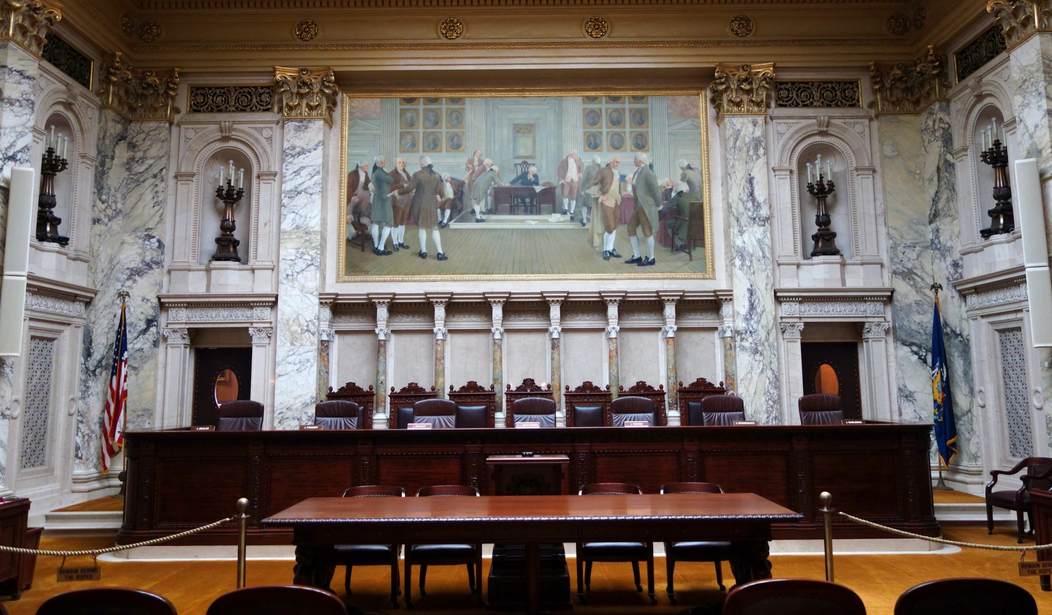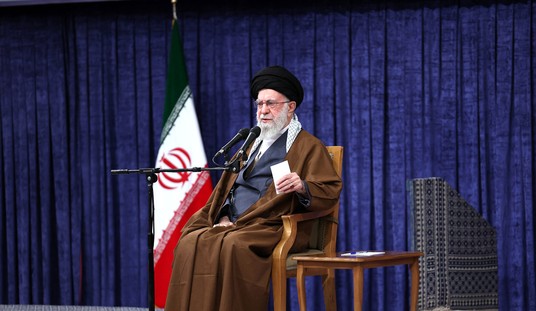On Friday, the Supreme Court of Wisconsin delivered a powerful win for free speech and academic freedom. The Court ruled that Marquette University had improperly suspended tenured political science professor John McAdams over a blog post he wrote criticizing a fellow faculty member for dismissing any opposition to same-sex marriage as “not appropriate” for discussion in class.
“The undisputed facts show that the University breached its contract with Dr. McAdams when it suspended him for engaging in activity protected by the contract’s guarantee of academic freedom,” Justice Daniel Kelly wrote in the majority opinion.
The Court ordered Marquette University to “immediately reinstate Dr. McAdams with unimpaired rank, tenure, compensation, and benefits.” It further directed the circuit court to “conduct further proceedings to determine damages (which shall include back pay).”
Marquette suspended McAdams without pay after he published a blog post in November 2014, criticizing graduate student and philosophy instructor Cheryl Abbate. Abbate had told a student in her ethics class that he could not state his opposition to same-sex marriage because “some opinions are not appropriate.”
McAdams attacked Abbate for restricting academic freedom in the class, and he did so by name, posting her name and contact information. The article received attention across the Internet, leading to verbal attacks against the graduate student.
Marquette insisted that its actions were not reprisals for McAdams defending the freedom to question same-sex marriage in an academic setting, but rather a deserved reprimand because he had named Abbate in the article, unleashing attacks on her.
“This case has always been about Associate Professor John McAdams’ conduct toward a student teacher,” Marquette said in a statement. “The professor used his personal blog to mock a student teacher, intentionally exposing her name and contact information to a hostile audience that sent her vile and threatening messages.”
McAdams should arguably have restrained himself from sharing Abbate’s name, but the university breached its own contractual agreements in suspending him. As National Review‘s Margot Cleveland pointed out, Marquette promised that it would not “impair the full and free enjoyment of [faculty members’] legitimate personal or academic freedom of thought, doctrine, discourse, association, advocacy or action.”
Marquette also pledge to faculty members that “dismissal will not be used to restrain faculty members in their exercise of academic freedom or other rights guaranteed by the United States Constitution.” Since Marquette is a private college, it is not bound by the First Amendment directly.
Even so, a lower court threw out McAdams’ lawsuit against the Jesuit university, adopting the Faculty Hearing Committee (FHC) ruling that he had “violated his core obligations as a tenured professor when he used his blog needlessly and recklessly to harm [Abbate].”
Before the Wisconsin Supreme Court, Marquette argued that McAdams should not be able to relitigate employment decisions before a court. As Justice Daniel Kelly put it, “The University denies Dr. McAdams’ right to litigate his breach of contract claim in our courts. Instead, it says, we must defer to its procedure for suspending and dismissing tenured faculty members. It claims we may not question its decision so long as it did not abuse its discretion, infringe any constitutional rights, act in bad faith, or engage in fraud.”
With this, Justice Kelley vehemently disagreed. “The University’s internal dispute resolution process is not a substitute for Dr. McAdams’ right to sue in our courts,” he declared.
While McAdams’ decision to reveal Abbate’s name and a link to her blog may have been a mistake, he could not have predicted the attacks leveled against her. He also had a right to speak out about the silencing of legitimate opinions.
Contrary to Abbate’s suggestion that opposition to same-sex marriage is “not appropriate” for discussion in class, the U.S. Supreme Court in Obergefell v. Hodges (2015) — the very decision legalizing same-sex marriage — defended the right of religious people and organizations to disagree with same-sex marriage.
“It must be emphasized that religions, and those who adhere to religious doctrines, may continue to advocate with utmost, sincere conviction that, by divine precepts, same-sex marriage should not be condoned,” Kennedy wrote in that decision. “The First Amendment ensures that religious organizations and persons are given proper protection as they seek to teach the principles that are so fulfilling and so central to their lives and faiths.”
Marquette arguably should have reprimanded Abbate. If opposition to same-sex marriage deserves respect in the very Supreme Court decision legalizing same-sex marriage, then a student should be free to mention it in an academic setting.
McAdams may have been wrong to name Abbate directly, but he was right to call out this attack on academic freedom, and Marquette was wrong to suspend him for it.
Watch an interview between McAdams and Fox News’ Laura Ingraham below.









Join the conversation as a VIP Member